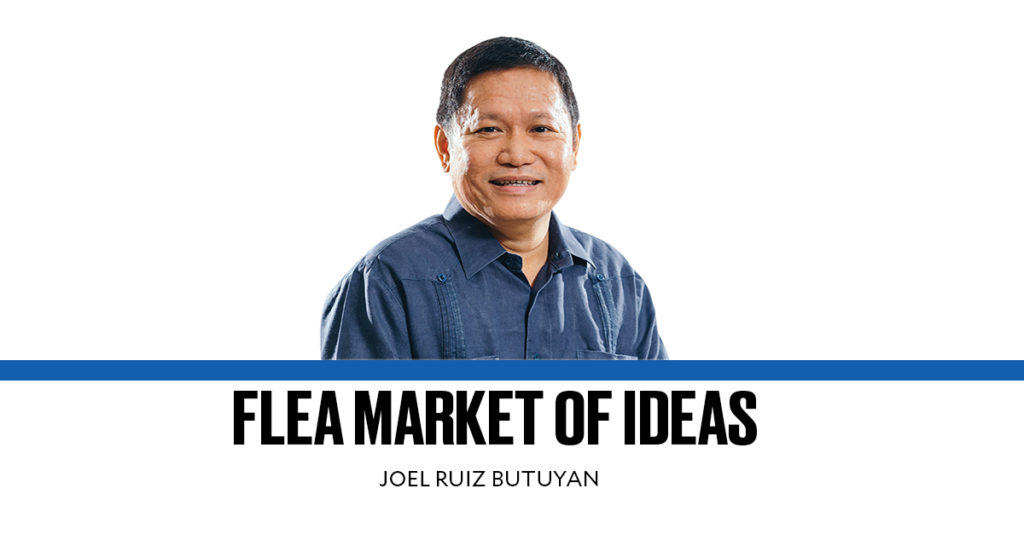The most popular sport in the world is now holding its once-in-every-four-years World Cup competition in Qatar. Football (soccer to Filipinos) is the most widely watched athletic event on earth. Over a period of 28 days, a total of 32 teams compete in games that make life stand still in the participating countries when their home teams play.
Much has been written about why football is the best-suited sport for us, Filipinos. Unlike basketball, where we have the handicap of height, our agility potentials can be honed to world-class levels in football. We need not overstress the issue, but we live in hope that cities and municipalities set up football fields in their localities, and follow the examples of Iloilo and Negros Occidental, which have grassroots programs that produce football talents.
What I want to venture on instead is to figure out why athletes are more richly rewarded with fame and fortune compared to writers, scientists, scholars, and people who do altruistic deeds for society? This is apparently true in any country around the world, rich and poor alike. Footballers, basketball players, boxers, and tennis stars are idolized and remunerated multiple times more than other members of society who stand out with excellence in other fields or who attain achievements that directly infuse societal benefits to humanity. The same is true for actors/actresses and singers, who equally command more prominence and wealth.
It’s not that they don’t deserve the affluence and renown bestowed on them. But it makes for an interesting sociological study to try and understand why sports, movie, and music personalities are more richly compensated, and are more celebrated compared to other exceptional individuals in all human societies.
Of course, athletes and performers who command astronomical monetary rewards belong to the cream of the crop, and below them are thousands who toil in obscurity and with unremarkable pay. In a sense, it’s the same lot for our elite writers, scientists, and scholars who receive top compensation and accorded societal distinction, compared to so many others in their fields who labor anonymously and with subsistence pay. Still, the financial rewards and celebrity status we bestow on the former are exponentially higher.
The common denominator among our sports, movie, and music celebrities is that they satisfy our need for entertainment. Entertainers feed our behavioral craving for dopamine, which is the chemical released in our brain that makes us feel good. It’s natural, therefore, that we idolize and hero-worship entertainers more than others. In particular, our inordinate fondness for athletes—with their involvement in competitions—may also be a relic of our predilection for combat, which got deeply embedded in the human psyche as a result of our thousands of years of battles and wars. Even farther in evolution, it may be a remnant of the human instinct for survival, which developed from our eons of fight for dominance against other animal species.
In contemporary times, humanity’s adoration for entertainers was discovered as having commercial value, prompting big businesses to latch on to the former as ambassadors for their goods and services. The conclusion is that people’s fondness for entertainers spills over to the products they endorse. The resulting marriage between business and entertainers has been responsible for the exponential growth in the wealth of the latter. (As an aside, what do we make of our entertainers stepping over into politics and our politicians packaging themselves as pseudo-entertainers?)
Sports, movie, and music personalities quench an indispensable human need because they provide a counterbalance to the dreariness of life by supplying us with momentary feelings of thrill and pleasure. But if only the incentives and recognition for writers, scholars, scientists, and noble persons are elevated to even just a fraction of what are bequeathed to entertainers, human life may flourish with more meaning, understanding, and purpose.
——————
Comments to fleamarketofideas@gmail.com
